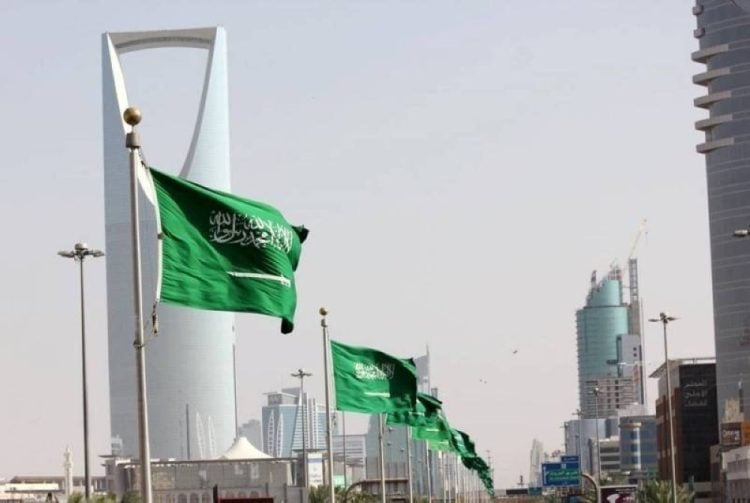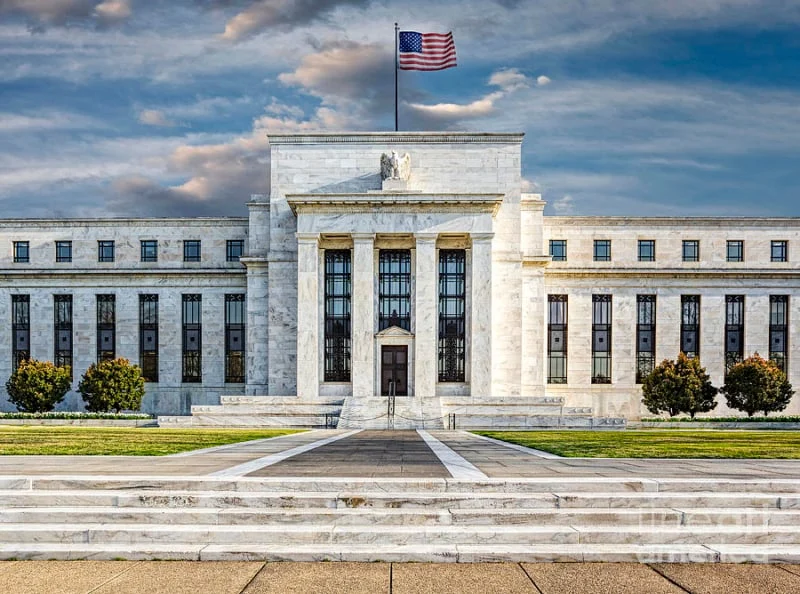Publisher: Maaal International Media Company
License: 465734
IMF after Article IV consultations: Saudi Arabia has a solid fiscal space and low sovereign debt.. Banks are able to face macroeconomic challenges and global crises
اقرأ المزيد
At the conclusion of Article IV consultations with Saudi Arabia for 2024, the International Monetary Fund praised a number of economic and financial indicators for the Kingdom, noting that the economic policies and protectionist measures taken by Saudi Arabia yield positive results, including achieving economic growth with long-term financial planning, which made the fiscal space for public finances solid, in addition to the fact that sovereign debt is low. The Fund also praised the development of the business environment, governance, legislation and digital transformation that the country is experiencing.
The importance of the Article IV consultation report lies in strengthening the Kingdom’s position regionally and globally, as reviewing the Article IV consultations of a member country gives the investor a more comprehensive picture of financial and economic information and data and helps to identify its strengths and weaknesses, and can help him evaluate the country’s economic performance and compare it with similar countries with similar economies. It also helps credit rating agencies evaluate the country through it. In conjunction with the Article IV Consultation Report, the Fund also issues the Financial Sector Assessment Program Report every five years, which assesses three components of the financial sector in a member country: the main sources of risks to financial stability, the financial stability policy framework, and the government’s ability to manage financial crises. The report praised the macroeconomic policies and the rapid movement witnessed by the Kingdom, which contributed to enhancing the growth of non-oil activities. The report confirmed the increase in employment rates to exceed pre-COVID-19 figures, in addition to the increase in the rate of women’s participation in the labor market to more than 35%; exceeding the target rate of 30% of Saudi Vision 2030. The report, issued today, indicated that foreign investment license applications achieved record levels, reaching nearly double in 2023 compared to 2022, including 330 companies applying for licenses to establish their regional headquarters in the Kingdom. The non-oil sector (which includes government activities) is expected to grow by 3.5% in 2024, supported by higher domestic demand. The momentum of reforms in the non-oil sector is also expected to increase over the medium term, which is reflected in the expected growth of the sector during the period (2025-2027) by an average of 4.3%, coinciding with the recovery of investment. The report expects the inflation rate in the Kingdom to remain stable at around 2% over the medium term, supported by the Saudi riyal being pegged to the US dollar, and by local policies consistent with Saudi Vision 2030. The International Monetary Fund’s bank solvency stress tests have proven the ability of Saudi banks to face macroeconomic challenges and their resilience against global crises. The report noted the effective management followed by the Kingdom in dealing with the risks resulting from the rapid growth of real estate lending, through diverse government support, the strength of banks, full mortgages, and other supportive measures. Regarding public finance, the report confirmed that the Kingdom’s financial and regulatory reform agenda contributed to the rapid growth of the Saudi economy, containing inflation, and reducing the unemployment rate to its lowest levels in history. It also considered that controlling the public finances in the medium term will allow the Kingdom to maintain stronger precautionary reserves and meet the needs of achieving intergenerational justice. The Fund welcomed the long-term financial planning measures that work to implement the initiatives, projects, and programs of the Kingdom’s vision, while mitigating the risks of economic activity, stressing that the fiscal space in the Kingdom is solid, and that sovereign debt risks are low. The report indicated that the increase in non-oil revenues reflects the effectiveness of existing reforms in tax policy and tax administration; which directly contributed to enhancing compliance. It welcomed the government’s efforts to develop a three-year medium-term public finance framework. The International Monetary Fund praised the efficiency of the Kingdom’s issuers and praised their high potential to access international markets, through the issuance of a variety of debt instruments in 2023, indicating the stability of sovereign bonds in the Kingdom in general. Reflecting the government’s efforts, the report confirmed that the Kingdom has one of the lowest carbon dioxide emissions intensities compared to all major energy producers, due to ongoing environmental reforms and the Kingdom’s efforts to achieve net zero by 2060. The Kingdom shows great interest and a firm commitment to addressing the repercussions of climate change and accelerating efforts to enhance environmental sustainability, as reflected by the selection of March 27 of each year as an annual awareness event under the name “Saudi Green Initiative Day”, coinciding with the anniversary of the initiative’s launch on the same day three years ago. On a second note, legislation and governance in the Saudi economy were reflected in the Kingdom’s ranking 16th globally in the competitiveness index out of 67 most competitive countries in the world according to the World Competitiveness Yearbook report issued by the World Competitiveness Center of the International Institute for Management Development (IMD), which is one of the main competitiveness reports monitored and analyzed by the National Competitiveness Center in coordination with relevant government agencies. The Kingdom advanced one rank in the 2024 edition, supported by improved business legislation and infrastructure, which placed it in the (4) rank among the G20 countries, as it advanced in the business efficiency axis from the (13) rank to the (12) rank, while maintaining its previous rank (34) in the infrastructure axis, and remained in the top twenty ranks in economic performance and government efficiency.








